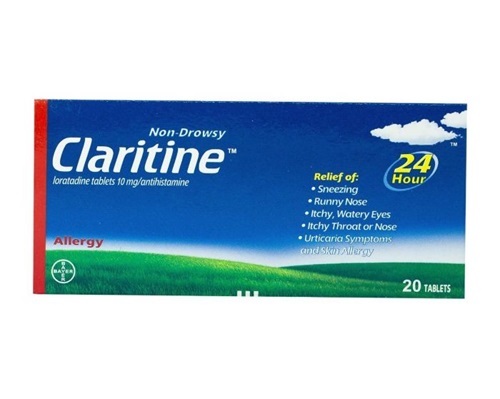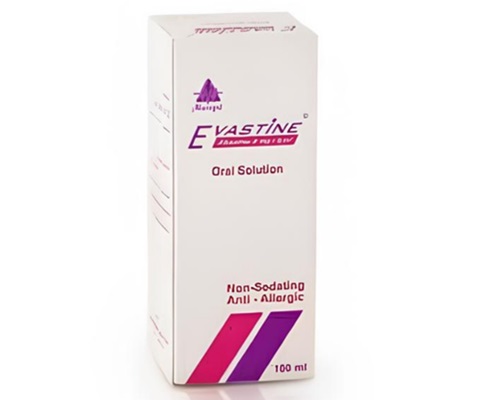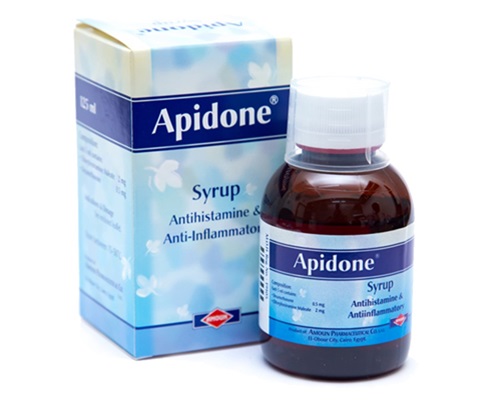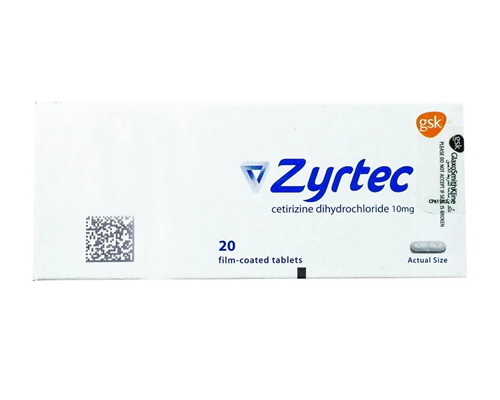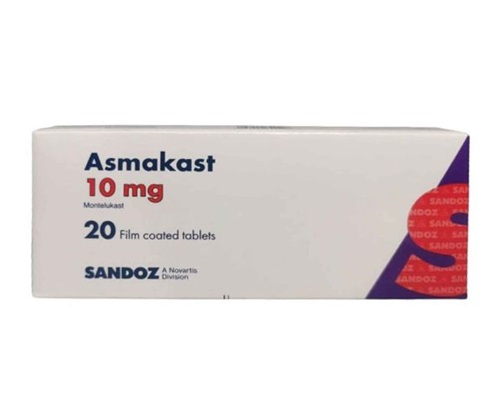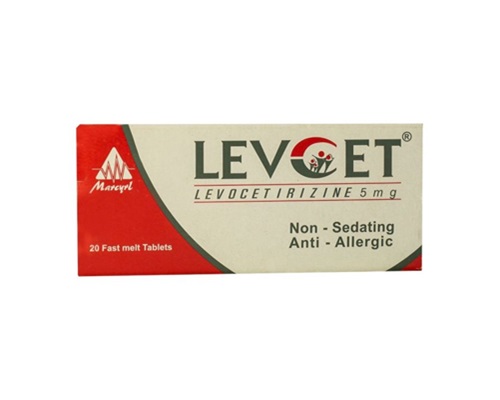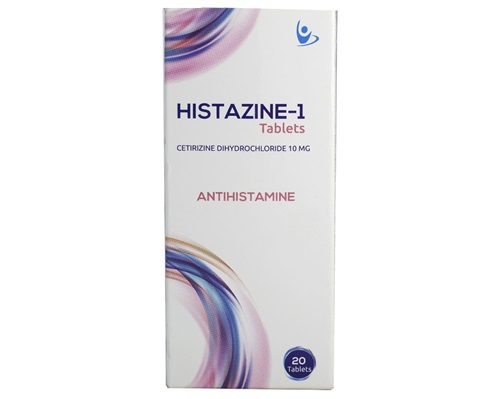Description
Tradename:
Claritine
Claritine
Compound:
Each tablet contains:
Loratidine 10 mg.
Auxiliary components: Lactose monohydrate, corn starch, magnesium stearin.
Properties:
Histamine H1 receptor blocker. Has antiallergic, antipruritic, antiexudative effects. Reduces capillary permeability, prevents the development of tissue edema, reduces the increased contractile activity of smooth muscles caused by the action of histamine.
Indications:
Claritine tablets provide 24 hours without allergy symptoms, without drowsiness, relieves all allergy symptoms, including sneezing, runny nose, itchy/red eyes and itchy throat/nose. Claritin provides relief from symptoms that can be caused by more than 200 different allergens. Claritine is an antihistamine, so it interferes with the cascade caused by allergens. It provides 24-hour relief from symptoms caused by allergens such as pollen, dust mites, pet dander and mold.
Directions for use and dosage:
Usual adult dose and children over 6 years of age weighing more than 30 kg:
10 mg (one tablet) once a day with a glass of water. Before or after meals.
-Maximum dose: 10 mg/day
Children under 2 years old:
Claritin tablets should not be taken by children under 2 years of age.
Contraindications:
Children under 3 years of age (for tablets);
Lactation period (breastfeeding);
Rare hereditary diseases (impaired galactose tolerance, lapp lactase deficiency or glucose-galactose malabsorption) – due to the presence of lactose included in the tablets;
Hypersensitivity to the components of the drug.
The drug should be prescribed with caution to patients with severe liver dysfunction and during pregnancy.
Precautionary measures:
Use during pregnancy and breastfeeding:
The safety of loratadine during pregnancy has not been established. The use of Claritine during pregnancy is possible only if the expected benefit to the mother outweighs the potential risk to the fetus.
Loratadine and its active metabolite are excreted in breast milk, therefore, when prescribing the drug during lactation, the issue of stopping breastfeeding should be addressed.
Use for liver dysfunction:
Use the drug with caution in case of liver failure: the initial dose should be 10 mg (1 tablet) every other day.
Use for renal impairment:
For patients with renal failure, the initial dose should be 10 mg (1 tablet) every other day.
Side effects:
Headache, nervousness, fatigue, drowsiness, insomnia, increased appetite, dry mouth, hair loss.
Storage method:
Store at a temperature not exceeding 30 degrees.

